Bachelor of
Public Health
Entry requirements
Key information
VIEWING DOMESTIC
VIEWING INTERNATIONAL
Entry requirements
Key information
overall
overall
Note: Part-time equivalent study options are not available for international students.
Note: Part-time equivalent study options are not available for international students.
Transform communities with a degree in Public Health
Dive into a world where your passion for health meets your desire to make a difference to the entire population. With a Bachelor of Public Health from Flinders University, you can be the change-maker who tackles global health challenges and promotes healthier lifestyles.
Ranked in the top 2%
of the universities in the world*
THE World University Rankings 2024 as a percentage of the total number of universities in the world according to the International Association of Universities
No.1 in SA
in Health Services & Support for full-time employment, learner engagement^
The Good Universities Guide 2025 (undergraduate), public SA-founded universities only
Five stars in
Health Services & Support
for full-time employment, learner engagement and student support#
The Good Universities Guide 2024 (undergraduate)
Empower change, improve lives with a career in Public Health
There are numerous and diverse career opportunities in the field of public health in government, non-profit and private sector. The demand for public health professionals is on the rise, making it a promising field for your future.
Salary
$93K
typical salary in Australia
Jobs growth
21.9%
5-year projection
Health Promotion Officer
Health Promotion Officers play a crucial role in improving community health by developing and implementing programs that encourage healthy lifestyles. They work with governments and non-government organisations to raise awareness about health issues, such as disease prevention, nutrition, and physical activity.
Their tasks include creating educational materials, organising health campaigns, and conducting workshops. This career is ideal for those who are passionate about making a positive impact on public health and enjoy working with diverse communities.
Public Health Researcher
Public Health Researchers are dedicated to studying and analysing health trends, policies, and programs to improve public health outcomes. They conduct research to identify health risks, evaluate the effectiveness of health interventions, and provide evidence-based recommendations for policy and practice.
Public Health Researchers often collaborate with government agencies, universities, and non-profit organisations. This career is suited for individuals with strong analytical skills and a passion for advancing public health knowledge.
Salary
$110K
typical salary in Australia
Jobs growth
11%
5-year projection
Sources: Seek Australia, 2025
What will you study to start your career in public health?
Throughout the course, you'll have opportunities to engage in real-world projects and placements, preparing you for a rewarding career in public health. This comprehensive program equips you with the skills and knowledge needed to tackle health challenges and improve community well-being.
- Year 1
- Year 2
- Year 3
- Honours
In your first year, you'll build a strong foundation in public health principles.
Year 1 - Core topics
Your first year will cover the following topics. For exact topic information, visit the course Handbook.
- Public Health
- How Your Body Works
- Professional Communication
- Health and Social Care in Australia
- Indigenous Studies
In your second year, you'll delve deeper into public health issues and start to apply your knowledge in practical settings.
Year 2 - Core topics
In your second year you'll explore the following topics. For exact topic information, visit the course Handbook.
- Biostatistics
- Environmental Change and Human Health
- Epidemiology
- Health Equity
In your final year, you'll focus on advanced public health topics and gain hands-on experience through placements and projects.
Year 3 - Core topics
In your third year you'll cover the following topics. For exact topic information, visit the course Handbook.
- Leadership in Public Health
- Health Economics
- Health Equity
- Policy
By choosing to do an Honours year in Public Health you'll have the opportunity to work on a research project under the guidance of experienced academics, contributing to the field of public health and making a real impact on community health outcomes.
Honours - Core topics
You can complete your Honours year studies in a range of science disciplines. For exact topic information, visit the course Handbook.
- Population Health
- Alcohol and Other Drugs
- Behavioural Health
- Aboriginal and Torres Strait Islander Wellbeing
- Health Economics
- Trauma and Injury
- Biostatistics
- Health Equity
- Point of Care
Accreditation or Professional Recognition
Flinders University is a proud member of the Council of Academic Public Health Institutions Australasia (CAPHIA), and our Bachelor of Public Health aligns with CAPHIA’s nationally recognised competencies for public health graduates.
Boost your knowledge with an Honours in Public Health.
Studying Honours in Public Health allows you to deepen your knowledge and engage in advanced research. This program is designed to enhance your analytical and critical thinking skills, preparing you for leadership roles in public health.
You'll have the opportunity to work on a research project under the guidance of experienced academics, contributing to the field of public health and making a real impact on community health outcomes.
Health Care and Social Assistance is Australia’s largest industry
and is projected to have strong employment growth through to May 2033
Jobs and Skills Australia 2024
No.1 in Australia
in Health Services & Support for full-time employment, learner engagement and skills development
The Good Universities Guide 2025 (undergraduate), public SA-founded universities only
Discover South Australia.
Where world-class education meets laid-back coastal living. With pristine beaches, acclaimed wineries, and vibrant festivals at your doorstep, South Australia offers an unmatched student experience.
Photo credit: SATC
Get inspired.
Discover more about Flinders University’s Bachelor of Public Health.
Explore a career in Public Health
Hear from Professor Nicola Spurrier, Chief Public Health Officer, SA Health, talk about why you should study Public Health at Flinders.
“Flinders’ courses are run by experts in their fields who have a genuine love for what they teach. Studying here has helped me feel like I have finally found the right career direction.”
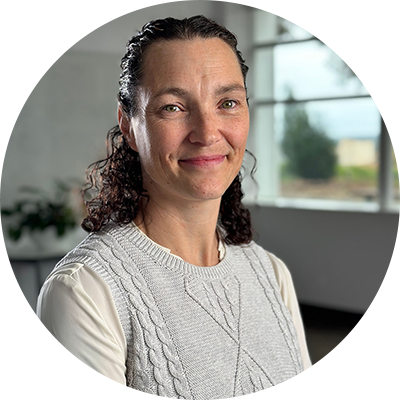
Tina Hart
Bachelor of Public Health
“Public Health is an exciting field. It has many avenues, which I can admit intimidated me at first, however I soon realised that many avenues means many opportunities.”

Monica Hetherington
Bachelor of Public Health
“There’s not many undergraduate degrees in Public Health in Australia and this is the best university for that. There’s also the bonus of the huge support system here.”
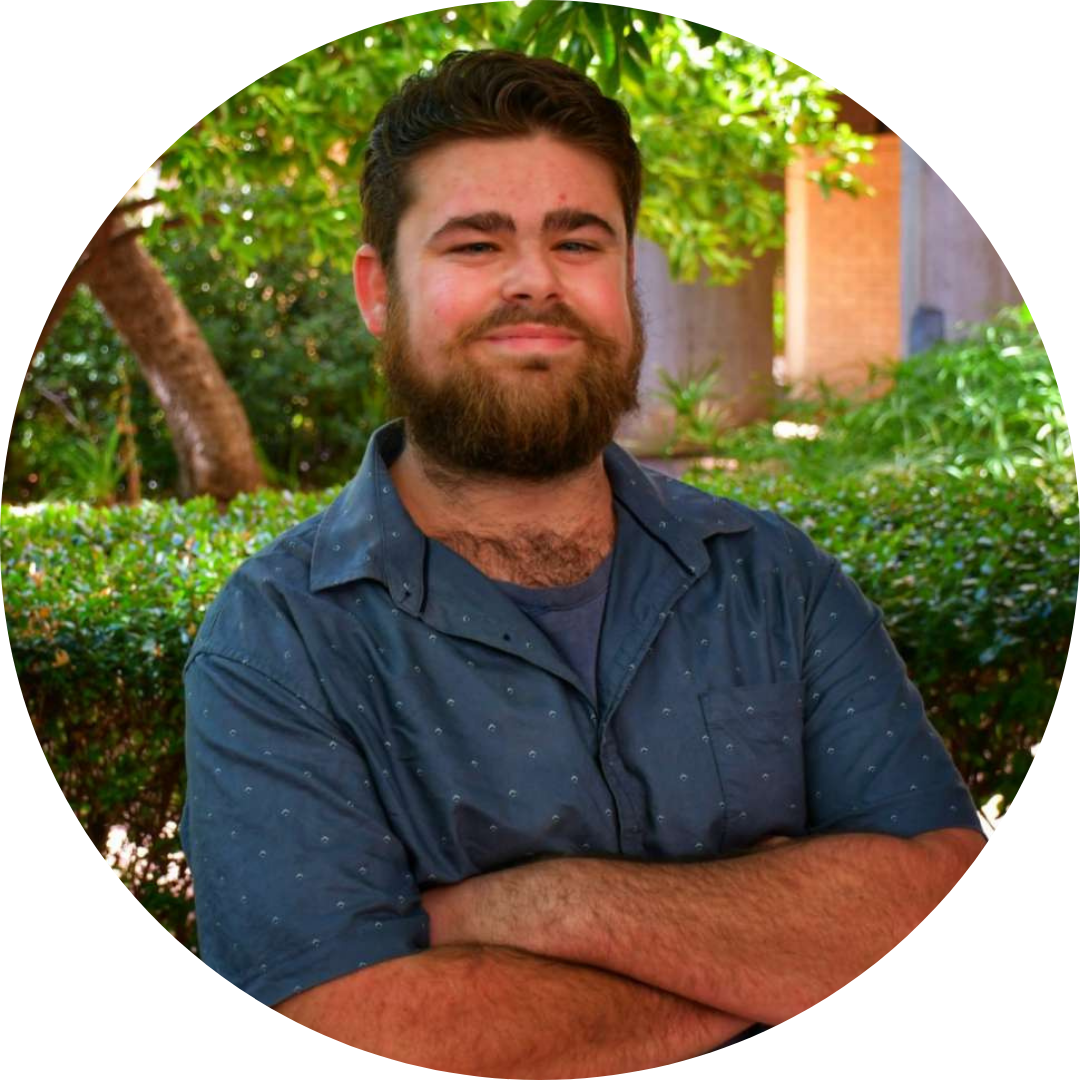
Jamil Locker
Bachelor of Public Health
“There’s not many undergraduate degrees in Public Health in Australia and this is the best university for that. There’s also the bonus of the huge support system here.”

Jamil Locker
Bachelor of Public Health
“Public Health is an exciting field. It has many avenues, which I can admit intimidated me at first, however I soon realised that many avenues means many opportunities.”
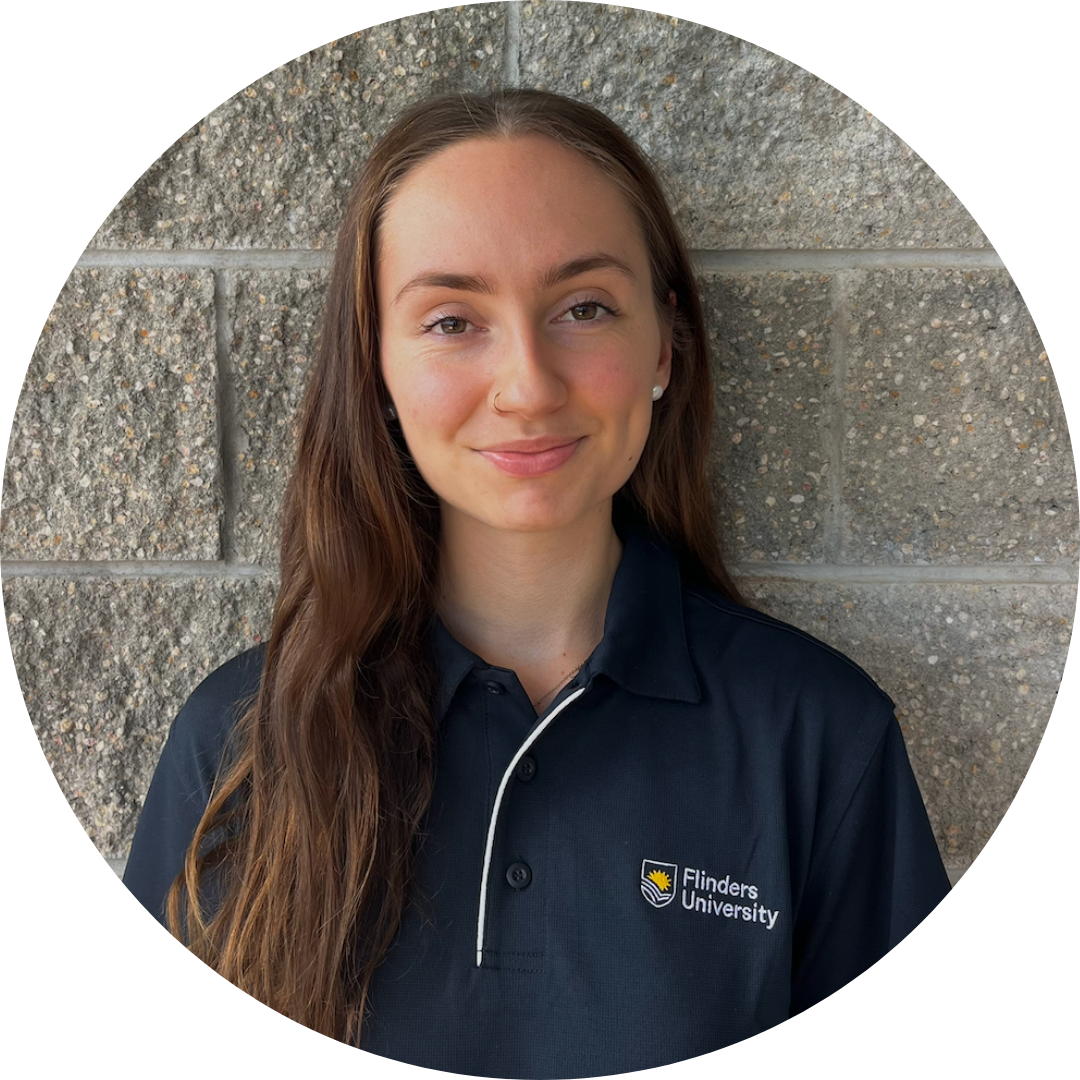
Monica Hetherington
Bachelor of Public Health
“Flinders’ courses are run by experts in their fields who have a genuine love for what they teach. Studying here has helped me feel like I have finally found the right career direction.”

Tina Hart
Bachelor of Public Health
Need support?
International Student Services (ISS) is the first point of contact for international student support. The university also offers everything from cultural, health, and wellbeing services, to academic support.
Campus tours
Take a virtual tour of our campuses, guided by your fellow international students.
FUSA
Flinders University Student Association (FUSA) is the heart of the Flinders Experience. FUSA is where you'll find out about events, club memberships, and extracurricular activities.
Accommodation.
Adelaide has many accommodation options for international students. You can choose to live on campus, at our city accommodation provider The Switch, or in rental accommodation.
Flinders offers a vibrant, fun, supportive uni experience you’ll remember for a lifetime.
Need support?
From cultural, health and wellbeing services, to study and financial support, enrolment advice and more, we’re here to help.
Student clubs
Flinders University Student Association (FUSA) is the heart of the Flinders Experience. FUSA is where you’ll find out about events, club memberships and extracurricular activities.
Campus facilities
Flinders’ campuses are hubs of activity, with retail and food outlets, library spaces, study and chill spaces and more.
Learn from the experts.
Our incredible teaching and professional staff are experts in their fields and well-connected to the industry.
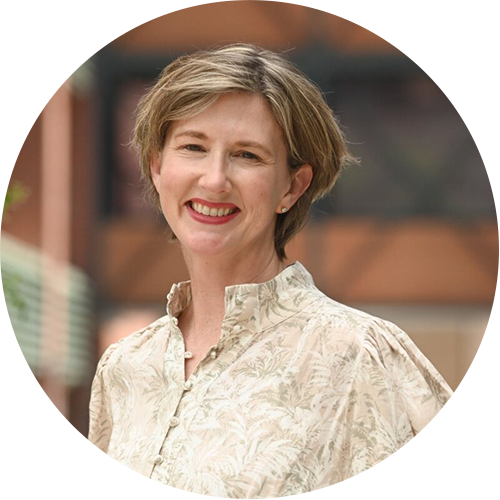
Course Coordinator
Dr Liz Buckley
Dr Liz Buckley is a cancer epidemiologist and Course Coordinator for the Bachelor of Public Health. Her research focuses on cancer outcomes, health equity, and the use of linked health data to improve population health. Liz’s work has shaped national cancer screening guidelines and supports better health outcomes for disadvantaged communities.
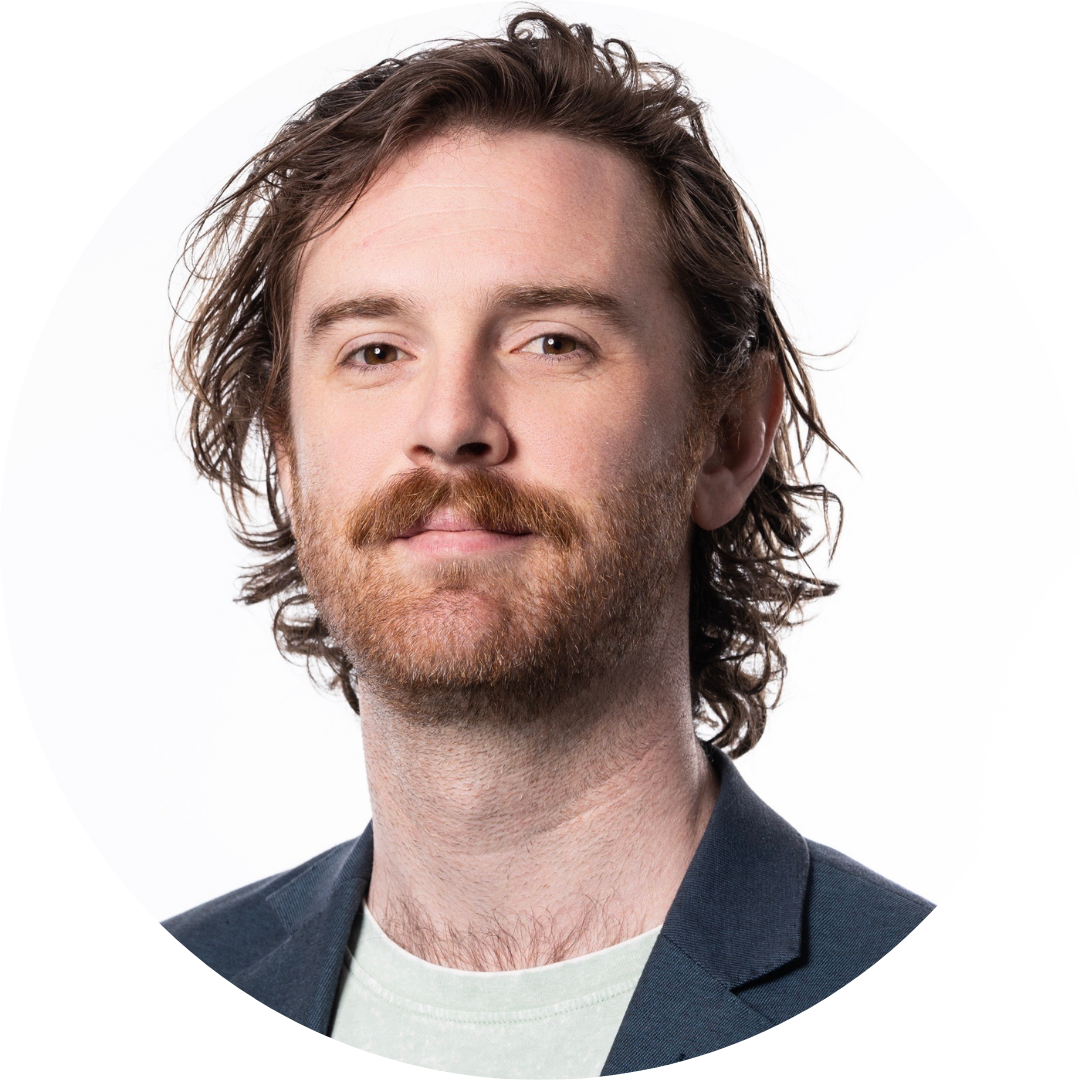
Course Coordinator (Honours)
Dr Joshua Trigg
Dr Joshua Trigg is Course Coordinator for the Bachelor of Public Health (Honours) and a public health researcher with expertise in health behaviours, risk perception, and health promotion. His research explores smoking and vaping, alcohol use, and wellbeing, with a focus on improving health equity. Josh has worked with government and community organisations across Australia, and his work informs effective, culturally relevant health messaging.

Teaching Program Director
Assoc Prof Shahid Ullah
Associate Professor Shahid Ullah is a biostatistician and researcher with expertise in advanced statistical and epidemiological modelling. Since 2019, he has supported teaching, research, and collaboration at Flinders, supervising honours, masters, and PhD students. With over 140 peer-reviewed publications and $4 million in research funding, his work spans survival analysis, geospatial modelling, and health data forecasting.
Gain real world experience.
Experience a year-long work placement project to develop leadership, self-management and professional communication skills.
Dive into the world of Public Health alongside Tina Hart, a Flinders University student sharing her first-hand insights and experiences.
Let’s get started on your Flinders’ experience.
We know not everyone begins uni the same way, so we offer a variety of pathways into Flinders.
Use the dropdown to tell us a bit about you.
Alternative pathways
UniTEST
If you’re in Year 12, taking the free uniTEST can help boost your chances of getting into Flinders.
Research Project B Pathway
Strong results in your Research Project B subject along with your Year 12 results can be considered for entry.
Year 12 Grades Entry
By using three of your best Year 12 grades, you can also gain a place in your course of choice.
School Recommendation Program
Your school’s recommendation about your academic performance may be considered as part of your admission.
If you started uni but didn't finish, you may be able to gain entry into Flinders with a higher education transfer.
Higher education transfer
If you’re studying at another university, you may be able to transfer to Flinders based on your Yr 12 results, current GPA or other factors.
If you've had TAFE or VET training, you may be able to continue your study with Flinders.
TAFElink
Even if you didn’t finish high school (Year 12), you may be able to study at Flinders through your TAFE/VET qualification.
Dual offer pathways
You may be able to complete a TAFE SA course and have guaranteed entry into Flinders.
Credit transfer
The TAFE/VET stud you’ve already done may be able to be used as credit towards a Flinders’ course.
No ATAR? No worries. If you've got work or life experience, there are pathways into Flinders.
Flinders Foundation Studies
The Foundation Studies Program is free and guarantees entry to a range of degrees.
Skills for Tertiary Admissions Test (STAT)
The STAT is a 2-hour multiple choice test that assesses your abilities.
Year 12 qualifications
If you completed Year 12 more than two years ago you can still use your results to apply.
Apply via SATAC
Concerned about your ATAR? If it doesn't meet the course requirement, or if you don't receive one, we offer alternative pathways to admission. Contact us to discuss your options—we're here to help.
Increase your chances of studying at Flinders as a rural and remote resident.
An annual sub quota is available for applicants from rural and remote areas. To be considered for the rural and remote subquota you must submit a Statutory Declaration to SATAC within 10 working days of your application confirming you’ve lived in a non-metropolitan area of Australia (Remoteness Classifications RA2–RA5) for:
* At least 5 consecutive years, or
* 10 cumulative years, from birth (i.e. during any period of your life)
Eligibility is based on your primary residential address.
Applicants can check their eligibility in accordance with the definition above using the Australian Government's Health Workforce Locator. Enter the address you wish to search for using the 'ASGS Remoteness Area' '2021'. As part of a transition year for 2026 entry, applicants can also be assessed against the ‘ASGS Remoteness Area’ ‘2016’ if not eligible under the 2021 layer. For 2027 entry, applicants will only be assessed using the 'ASGS Remoteness Area' '2021' layer.
- Entry requirements
- Application options
If you don’t meet our English language entry requirements and need to improve your English language proficiency, you can do so through Flinders University Academy – or our approved English Language Instruction Course for Overseas Students (ELICOS) providers.
This means that you can attend the required English language tuition at approved ELICOS providers and gain direct entry into university without an IELTS or TOEFL test.
If you don’t meet our academic entry requirements, you can still gain entry to Flinders University through Flinders University Academy. With a range of diplomas, foundation and English language courses, students can find a direct pathway into the destination degree of their choice.
How to apply
Select your course.
Check entry requirements.
Check your eligibility for credit.
Obtain certified documents.
Submit your application and documents.
Application options.
Apply online
Follow up our step-by-step guide to help you with your application to study at Flinders.
Find an agent
Our registered education agents around the world understand the university system and will guide you through the application process.
Contact us
Get in touch with our team to discuss your preferences, career options, pathways, and course and entry requirements. We are here to ensure you have everything you need to choose the right degree for you.
Don't meet academic requirements? Don't worry. We'll help you get there.
Preparatory courses
If you lack required English proficiency, improve through Flinders University Academy or approved ELICOS providers for direct university entry without IELTS/TOEFL tests.
Flinders University Academy
If you do not meet entry requirements for your desired degree, Flinders University Academy will provide you with a direct pathway into the destination degree of your choice.
Frequently asked questions.
Over the years, many questions have been asked by students before. For the quickest answers view our frequently asked questions or browse the full list @ Ask Flinders.
Public Health focuses on protecting and improving the health of populations through organised efforts, including health education, policy development, research, and health services administration. It aims to prevent disease, prolong life, and promote health through collective societal actions.
The Bachelor of Public Health at Flinders University is a three-year full-time (or equivalent part-time) program. The curriculum provides foundational knowledge in public health and policy, examines health systems both locally and globally, incorporates Indigenous perspectives on health, and offers insights into human anatomy and disease prevention.
Students also have opportunities to develop work-readiness skills through topics on innovation and professional communication..
Flinders University offers domestic students studying the Bachelor of Public Health with the flexibility to be studied entirely online or face-to-face, catering to diverse learning preferences and needs.
Yes, if you didn’t meet the entry requirements for direct entry into the Bachelor of Clinical Science/Doctor of Medicine (MD) program, the Bachelor of Public Health offers a pathway to medicine. This degree provides essential skills and knowledge that increase your chances of entering the MD program.
Flinders graduates, including those from the Bachelor of Public Health, are given priority consideration through the Flinders Graduates Reserved sub-quota. Up to 75% of MD places are available to Flinders graduates, with 30% of these places reserved for graduates of the Bachelor of Medical Science, Bachelor of Paramedicine, or Bachelor of Public Health. This gives you a significant advantage in applying for the MD program.
Graduates can pursue various roles across multiple sectors, including government, education, healthcare, and private industry. Potential career paths include health department administration, disaster preparedness, epidemiology, data analysis, research, and policy development. These roles contribute to shaping health policies, educating communities, and ensuring comprehensive health services. (source: Public Health Degrees)
Yes, Flinders University offers a range of advanced study options in Public Health. These include a Bachelor of Health Sciences (Honours) (1 year), the Master of Public Health, the Master of Clinical Epidemiology, and a PhD in Public Health. These programs provide specialised knowledge and skills, preparing graduates for leadership roles across research, policy, and practice.
Government subsidies are also available, with domestic applicants eligible for a reduction of up to 80% off full course fees through Commonwealth Supported Places (CSPs).
- Applications are completed via SATAC
- Visit: satac.edu.au
The table below shows ATAR and Selection Rank data for students offered a place wholly or partly on the basis of ATAR commencing in Semester 1, 2025. It is limited to applicants that have recently completed secondary education (within the last two years). Data may reflect multiple courses available within a suite of courses.
Notes:
<5 – less than 5 ATAR based offers made
N/A – This course uses additional selection criteria and therefore Selection Rank is not published
| ATAR-based offers only across all offer rounds | ATAR - Excluding adjustment factors | Selection Rank - ATAR plus any adjustment factors |
|---|---|---|
| Highest rank to receive an offer | 95.20 | 99.95 |
| Median rank to receive an offer | 76.17 | 80.42 |
| Lowest rank to receive an offer | 57.75 | 61.00 |
The table below gives an indication of the likely peer cohort for new students in this course. It provides data on students who commenced study in this course in Semester 1, 2025 including those admitted through all offer rounds and international students studying in Australia. Applicant background groupings are based on educational background, not basis of admission. Data may reflect multiple courses available within a suite of courses.
Notes:
<5 – the number of students is less than 5
N/P – Not published: the number is hidden to prevent calculation of numbers in cells with less than 5 students
| Applicant background (Semester 1, 2025) | Number of students | Percentage of all students |
|---|---|---|
| Higher education study (includes a bridging or enabling course) | 44 | 37% |
| Vocational education and training (VET) study | 5 | 4% |
| Work and life experience | <5 | <5 |
| Recent secondary education - Admitted solely on the basis of ATAR (regardless of whether this includes the consideration of adjustment factors such as equity or subject bonus points) | 28 | 24% |
| Recent secondary education - Admitted where both ATAR and additional criteria were considered (e.g. portfolio, audition, extra test) | <5 | <5 |
| Recent secondary education - Admitted on the basis of other criteria only and ATAR was not a factor (e.g. special consideration pathways) | 17 | 14% |
| International Students | 18 | 15% |
| All students | 118 | 100% |
Frequently asked questions.
Get in touch with us to discuss your preferences, career options, pathways and course and entry requirements. We are here to ensure you have everything you need to choose the right degree for you.
The type of documents you will need for your international application depends on what course you are applying for and which country you are a citizen of. Course requirements are stated on each course webpage. Examples of documentation you might expect to provide for your international application include a copy of personal identification, academic transcripts or a resume.
Once you have received your Confirmation of Enrolment (CoE) letter from Flinders University, you should apply for your visa as soon as possible as visa processing times can vary. You will receive your CoE letter after you have applied to study at Flinders, accepted your offer and paid the semester tuition fee.
No. Part-time study is currently not available for international students due to visa conditions.
No. Online study is currently not available for international students due to visa conditions.
If you don’t meet our English language or academic entry requirements, you can still gain entry to Flinders University through our on-campus pathway provider Flinders University Academy. Alternatively, you can improve your English language proficiency through our approved English Language Instruction Course for Overseas Students (ELICOS) providers.
You can apply to study as an international student directly through Flinders University or an authorised agent in your country.
If you are from one of the countries listed here, you are required to apply via an education agent. If you reside onshore in Australia, you will not require an agent even if you are from the countries listed above.
Yes. As a student visa (subclass 500) holder, you and your dependents (family members) can work up to 48 hours a fortnight when your course of study is in session. If you have started a master degree by research or doctoral degree, this rule does not apply to you and working hours are not restricted.
Our dedicated International Student Services (ISS) team provide a range of programs supporting your enrolment, study and social life, as well as a referral service to facilities on campus and within the local community.
![]()
Sturt Rd, Bedford Park
South Australia 5042
South Australia | Northern Territory
Global | Online
CRICOS Provider: 00114A TEQSA Provider ID: PRV12097 TEQSA category: Australian University









